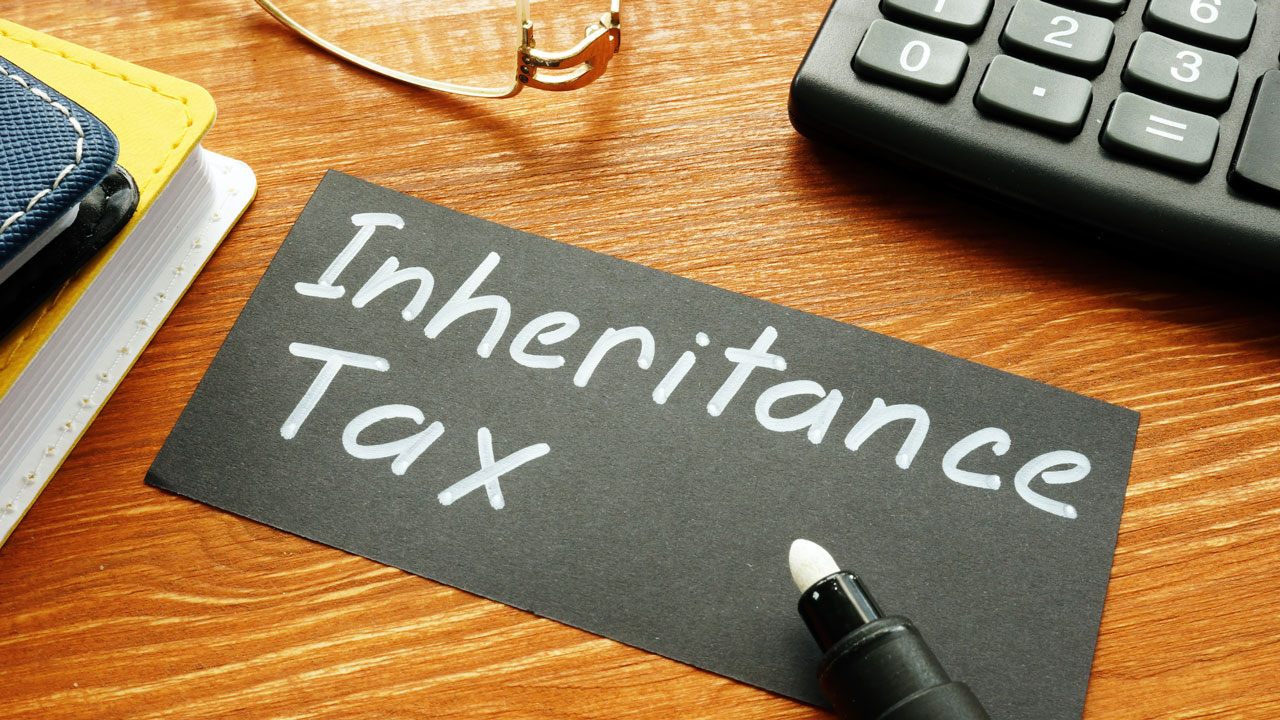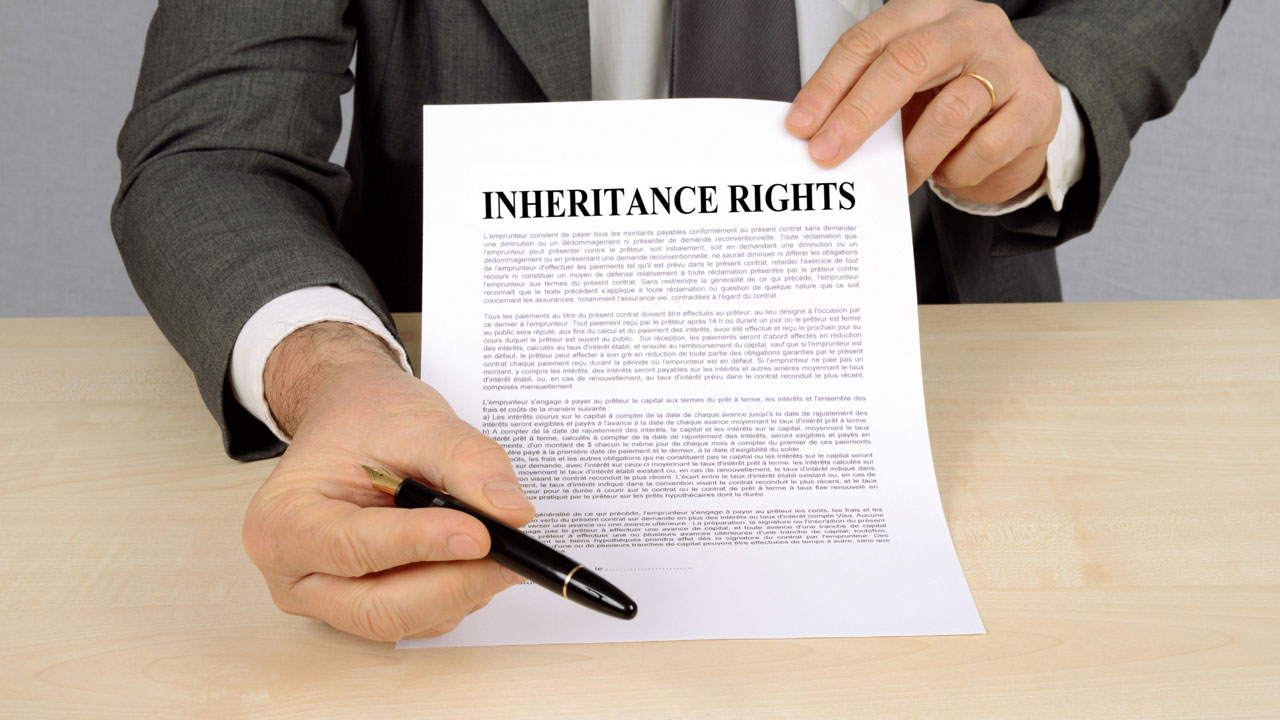Los Angeles Estate Planning Attorney To Help You With Your Retirement Plan
After years of logging hours on the job, you are finally nearing the treasured time of retirement. You’ve worked hard and deserve to finally relax during those golden years. Before you can sit back and enjoy the fruits of your labor, make sure to meet with your estate planning attorney in Los Angeles to go over the best options for your estate plan.
If you don’t already have an estate plan on file, it is vital that you get one now. Having the right steps in place will ensure that you can retire with the serenity that your affairs are in order.
Here are some tips to ensure your finances can continue to work for your in retirement:
Double Check Your Will and Trusts
As you get into retirement, you may want to change your focus. Many estate plans exist to maximize the value of the estate. Instead of working only to increase your assets, you may need to use funds towards your cost of living, medical bills, or more.
This is a great time to consider setting up a trust and will. Your estate planning and living trust attorney can help make sure this is done correctly.
The difference between a will and a trust comes down to how the beneficiary uses your assets or property. In a will, the recipient gets full ownership and can do with that property however he or she sees fit. A trust allows you to designate a trustee to manage your estate according to your instructions. That means you could delay when a young family member takes ownership of the property until he or she is more mature.
You can also leave instructions for your trustee to pay your medical expenses or insurance premiums out of the trust until you pass. Your Los Angeles estate planning lawyer can help with the specifics, so don’t be afraid to ask if a trust is for you.
Purchase Long-Term Care and Life Insurance
You might have purchased life insurance in your younger years so that your family would have financial assistance for day-to-day expenses if something happened to you. As you near retirement, you may find that the focus of your insurance shifts as well.
Life insurance can instead be used in your estate plan to help offset taxes in your estate after you pass. For example, if your house is bequeathed to a family member, that person will have to pay inheritance tax on the house upon acquiring it. Your life insurance policy payout can instead cover the taxes they’ll pay.
Meanwhile, if life insurance helps your loved-ones after you pass, long-term care insurance is meant to help you and your estate. If you pay for assisted living or hospital confinements out of your own pocket, you’ll go through your nest egg rather quickly. Long-term care insurance helps provide for these costs and allows your estate to remain intact.
It’s worth noting that it’s a good idea to purchasing long-term care at a younger age, as this means paying a lower premium.
Maximize Your Retirement
If you are still working and contribute to any kind of retirement account, make sure to max out what you can throw in the pot. This could mean opening new accounts, like a Roth IRA or 401(k), depending on what you currently have.
Current tax laws have certain limits that you can put into retirement accounts. Typically, you can contribute $5,500 per year into a traditional Roth IRA or up to $18,500 in a 401(k) before you are 50 years old. After hitting 50, you can go up to $6,500 in an IRA. You can also make catch-up contributions up to $6,000 in a 401(k), 403(b), SARSEP, or Governmental 457(b).
Plan For Disability
While no one plans on becoming disabled before or during retirement, you also don’t want to be caught empty-handed if something happens. If you become disabled, you’ll want to have the right safeguards in place.
Power of Attorney
Your power of attorney (POA) is a document that gives someone of your choosing the right to act on your behalf regarding financial matters. If something happens to you, your agent can step in and take care of your finances while you recover.
Living Will
A living will allows you to put your wishes in writing in regards to end-of-life care. If you don’t have one of these documents, your family could soon find themselves in conflict with one another over your medical decisions. Depending on how long you end up staying in the hospital, that could drain your estate.
Health Care Proxy
Similar to a POA, a health care proxy can make medical decisions on your behalf. This can ensure that someone you trust is in charge in the case you are no longer able to speak for yourself. Make sure you go over your wishes across different scenarios with your agent to ensure that you’re in good hands.
Review Social Security Options
The amount of your social security benefits depends mostly on your lifetime earnings and the age you start to receive benefits. This payout can add some much-needed assistance to your monthly income.
It’s wise to look at the different amounts you’ll receive based on when you start collecting. There could be a big difference if you wait a little while to collect, but you might also be in a position where you’ll need extra money earlier on. Make sure to consider all of the options and not just start collecting the minute you hit the appropriate age.
Give a Gift
If you make gifts to beneficiaries, you can avoid an estate tax later on. You can currently gift up to $15,000 per person each year before you would have to pay a gift tax. In some cases, the money you gift to another person can be used to help pay your medical or long-term care needs. In other cases, you can enjoy seeing your loved one put the money to good use while you’re still able.
Regardless of your situation, you don’t want to make costly mistakes. If you haven’t already, make sure to set up a meeting with a Los Angeles estate planning attorney and go over your options. You’ve worked hard to build your estate. Now it’s time to protect that investment so you can reap the rewards during retirement.











